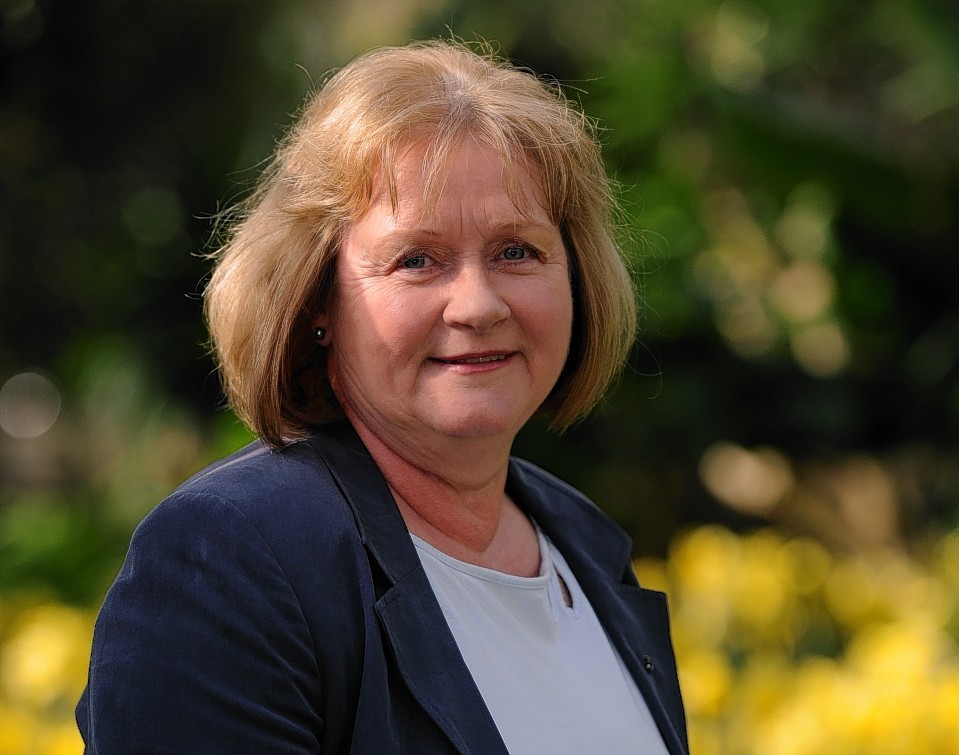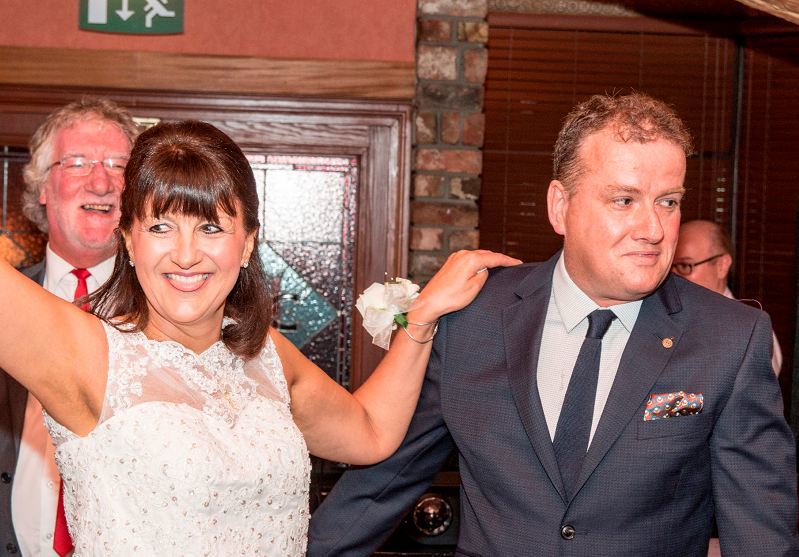Medics in NHS Grampian have recorded a 400% rise in the number of successful organ donations in the past four years.
In 2014-15 there were 15 deceased organ donors in the north-east – well above the UK average fcompared to just three in 2010-11.
Public Health Minister Maureen Watt said it was “testament” to the hard work and dedication of the medical staff who worked tirelessly to make this possible – and said officials would try to replicate what NHS Grampian had done in other hospitals in Scotland.
She also thanked the donors and their families for planning for their situations, and managing to save the lives of so many people.
One north-east woman, Elaine Baxter, knows more than most the importance of speaking about organ donation before it is too late.
The 53-year-old, from Aberdeen, received her life-saving liver transplant in November 2013, just three weeks after she suddenly fell ill.
After becoming jaundiced and suffering severe exhaustion, tests revealed the mum-of two’s liver function was dangerously low and she was immediately transferred to hospital in Edinburgh.
She was told by doctors she could be dead in 72 hours if an organ did not become available.
Thankfully, one did – and the transplant was a success.
“It wasn’t until the week after my transplant that I actually realised what had happened,” she said.
“My memory is really hazy of that time in between due to all the medication I was on and what my body had been through.
“As soon as the doctor told me that I’d had a liver transplant and I actually took it in, the shock really hit me.
“Since my transplant, my general health is so much better and I have a lot more energy.”
To celebrate her lucky escape, she and partner Craig, who have been together 11 years, shocked guests at his 50th birthday earlier this year by getting married in a surprise ceremony.
“I look at life in a completely different way now. My priorities have totally changed. I used to get really stressed about work, but now I just think to myself, there are more important things in life,” she said.
Mrs Baxter said she was grateful for her own “gift of life” and urged others to discuss their organ donation wishes with their family.
“Although it might not be the easiest thing to talk about, it really is important that you do, so your family know what you would have wanted should they ever find themselves in that awful situation,” she said.
“When you’re gone, you can’t take your organs with you. Why wouldn’t you give someone else the chance to improve their life, or in some cases, the chance to continue living at all.
“It’s the greatest gift you could ever give someone.”

